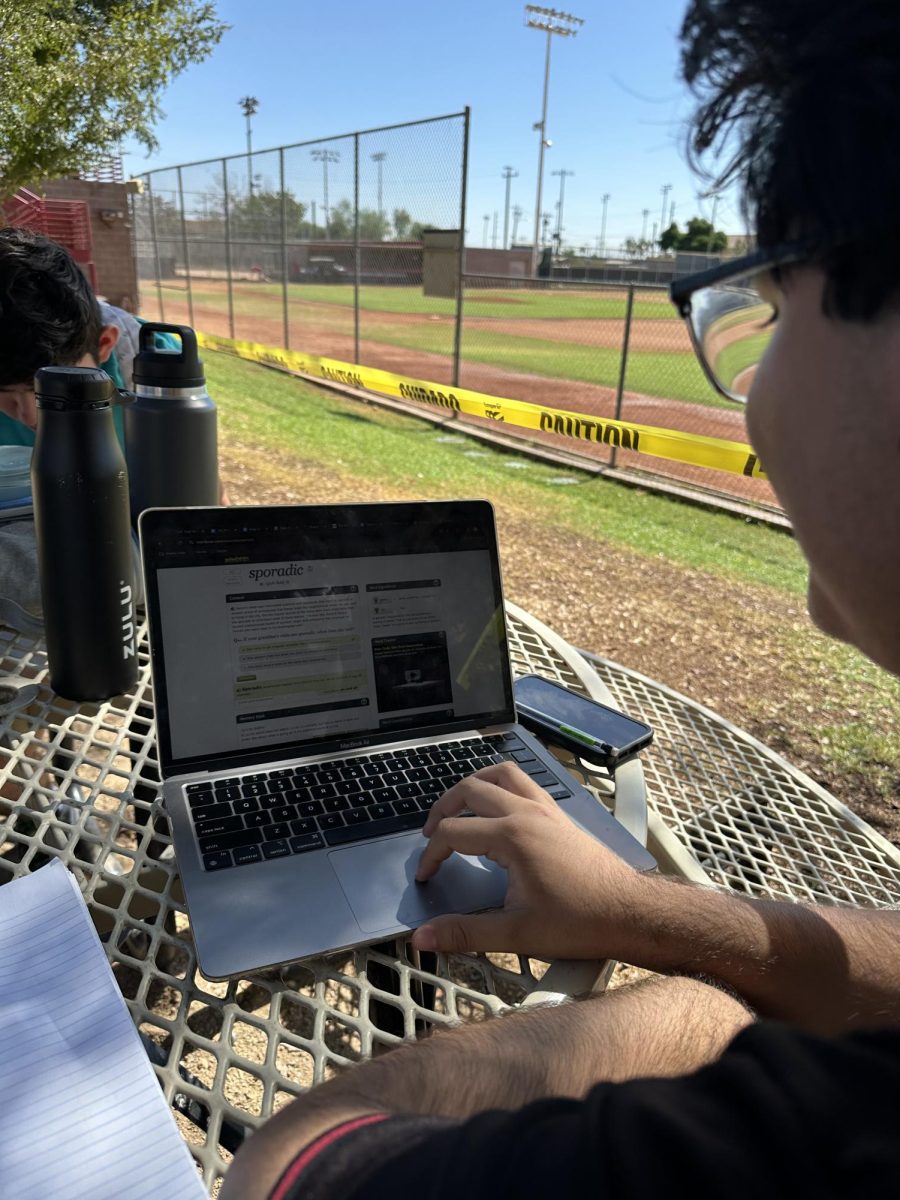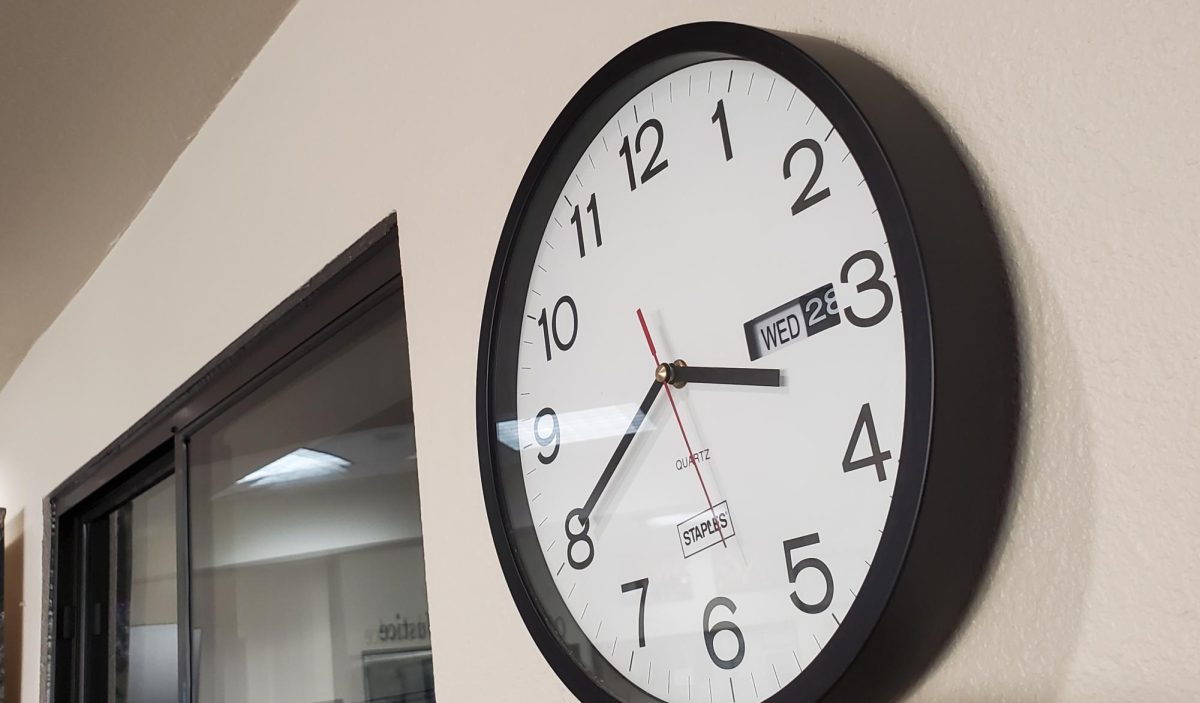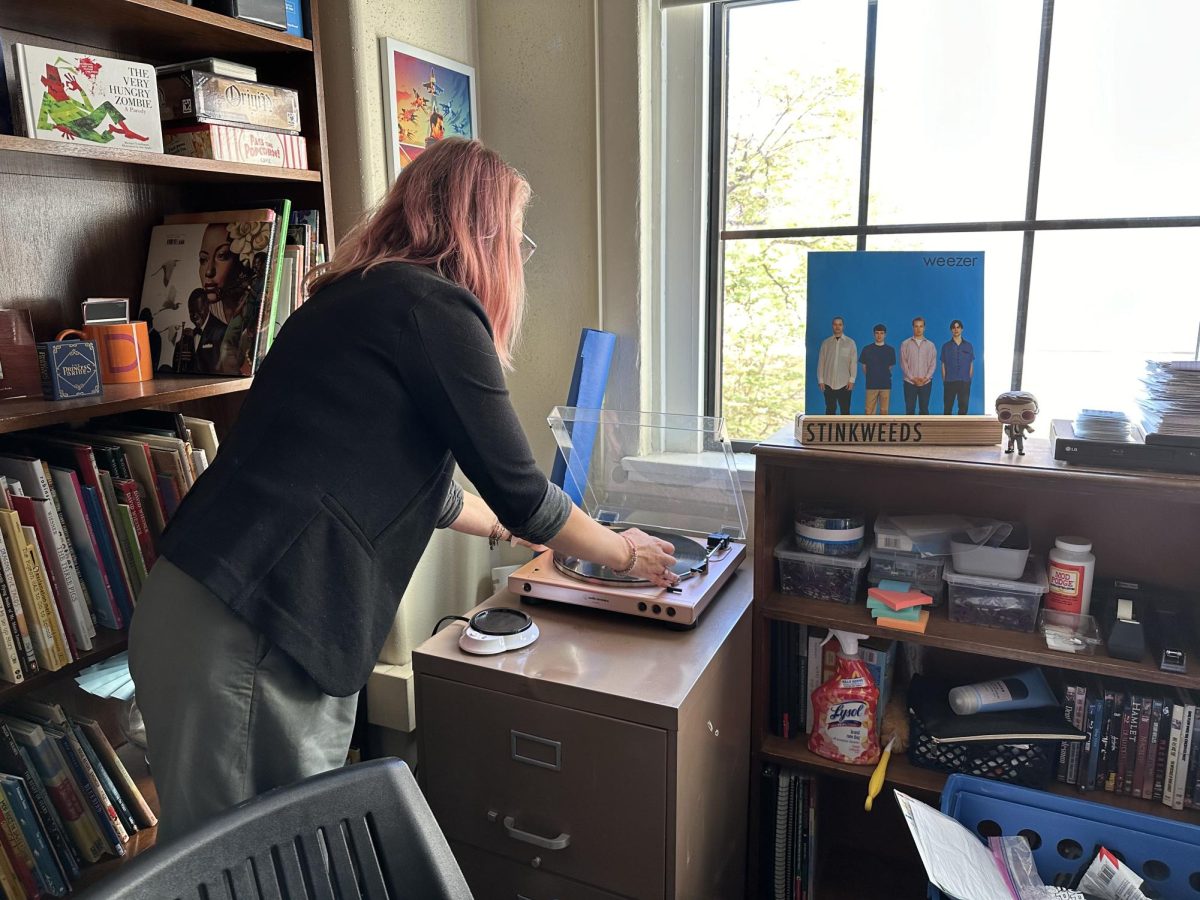By Aarón Blanco Tejedor | A graffiti artwork found on an abandoned bunker in Utö
By Quentin Dunnigan ’22
THE ROUNDUP
Almost every high school student around the nation faces a busy schedule because of academics, sports, hobbies and much more. At Brophy, rigorous academics, intensive athletics and social communication fill up students’ days to the brim, causing the sacrifice of sleep to become increasingly common in return for more free time.
High school students are losing sleep rapidly. According to a survey recorded around the nation by the CDC (Centers for Disease Control and Prevention), over 72 percent of high school students are not reaching the recommended amount of sleep per night, eight to ten hours.
“Homework has the most significant effect on teens’ stress levels and sleep,” said Dr. Caroline Okorie, a sleep medicine professional and professor at Stanford University.
At Brophy, this is no exception. Sleep is often sacrificed for large projects or assignments that students are staying up until 2 a.m. or beyond on.
Teachers are not always to be blamed; however, as procrastination caused by poor time management and the distractions of social media often cause students to dip beyond midnight when completing assignments.
When students are staying up late every night, getting amounts of sleep that are far below the recommended time, patterns begin to form, causing bad habits that are hard to break.
The solution to this problem is not simple, however, as there are many factors that need to be accounted for.
Homework cannot simply be removed from student lives because it plays an important role in an academic environment and is an important tool for teachers.
“I think homework is a form of validation. You’ve learned throughout the day, and at the end of the day is simply sit down and do the homework that validates the work that you’ve done that day,” said Mrs. Mary Novak, who has worked for Brophy’s counseling department for 19 years.
Similarly, extracurriculars and hobbies cannot simply be ignored by students.
Therefore, seeing no opportunities to do all of the above, students remove time from their sleep schedule and fall into the aforementioned pattern.
“Sleep, especially here at Brophy, is in crisis,” said Mrs. Novak.
Students are capable of doing all of these things without the sacrifice of sleep in two major ways.
Time management is essential for getting a good night’s rest while also being a student, athlete, writer, actor, etc. By planning how work will be designated ahead of time and by using free time that is available, students have the opportunity to break cycles of procrastination and spread their work out efficiently.
Along with this comes lessening the use of smart devices during homework.
While listening to music is useful for focusing and making homework less of a burden for many students, social media and live streaming services of smartphones are a distraction that slow students down, often keeping them up late because of use before, during, or after homework.
“It is becoming increasingly harder to balance [homework and extracurriculars] and the social media aspect,” said Mrs. Novak.
Though social communication and interaction is important, trying to manage that while trying to focus on an assignment is almost impossible for most people, causing each assignment to drag on.
Teachers can also help students balance their schedules by assigning less homework, in some way, as although it is a useful validation and preparation tool, homework can often become overwhelming and stressful for many people.
“I’ve always advocated for a policy where you are limited to a certain amount of homework a night, whether or not you get that assignment done or not,” Mrs. Novak.
By creating a set amount of time for students to spend on homework and balancing that with time management and less use of social media during homework, students would be relieved of much stress in the academic atmosphere.




























